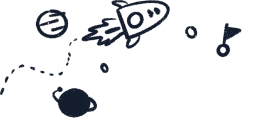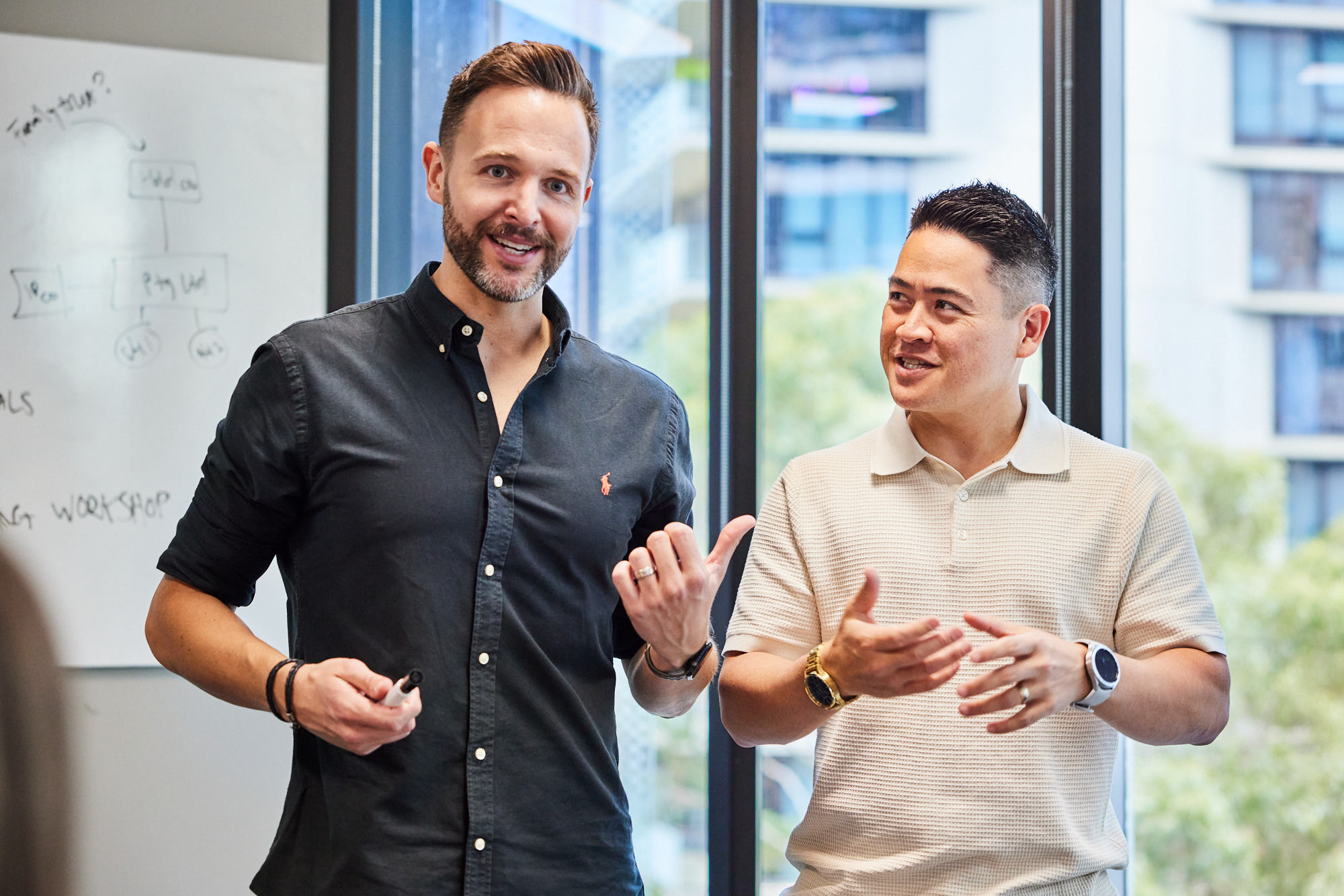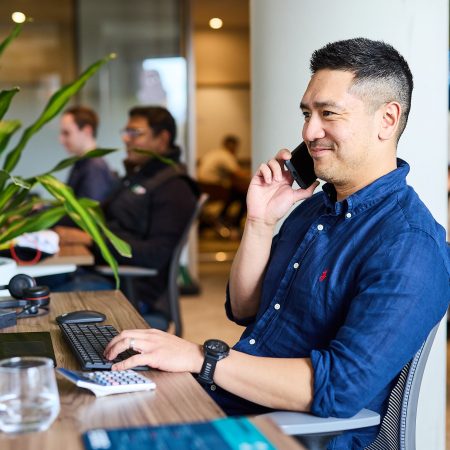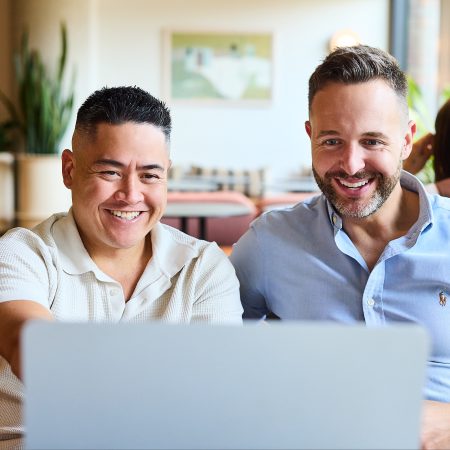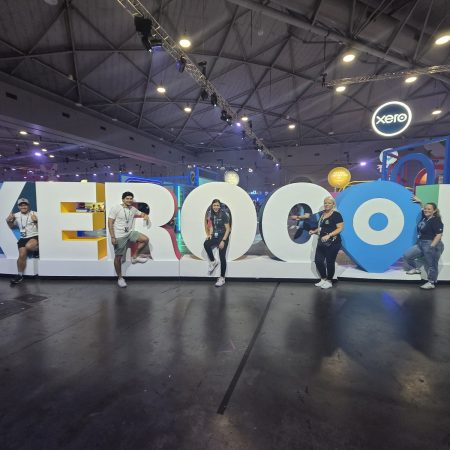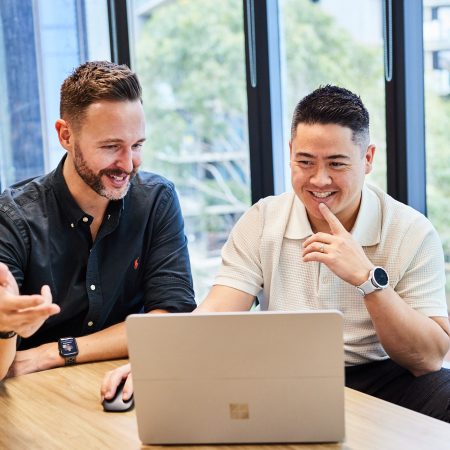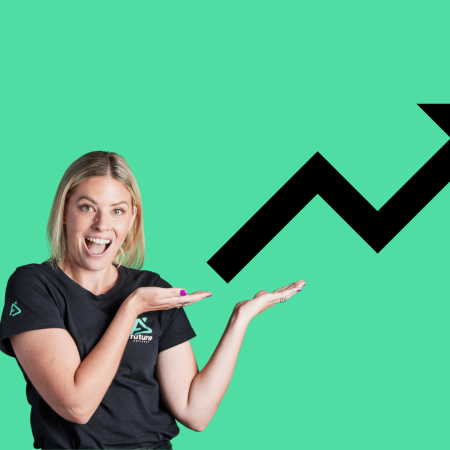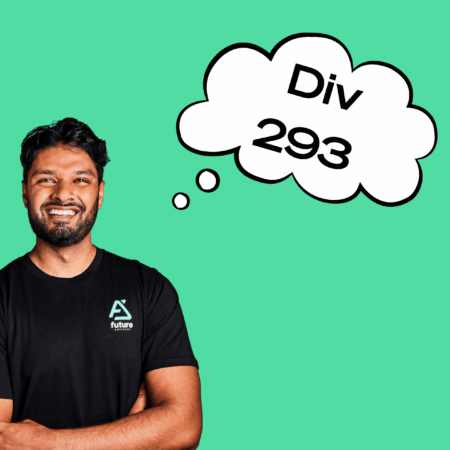Interview With Our Co-Founders Jase & Greg
Both Jason and Greg have been awarded the prestigious FCPA status this year and on the back of this achievement and another successful Xerocon where Jase took to the stage twice as a leader in our field, we thought it was the perfect time to catch up with them.
We go through their thoughts on accounting “then” (ie. 37 years ago when they started… kidding they’re not old) versus accounting “now”; what young people in the profession should be focussing on and a quick piece on how Future Advisory has evolved recently.
When did you decide you were going to do accounting?
JR: I never wanted to be an accountant really! My careers advisor told me I was good with numbers, and in Year 11 I was acing Year 12 business management. So the advisor pointed me to a Bachelor of Business with the option to major in Accounting. I actually blame Greg for me ending up here! After finishing my degree, I was thinking about becoming a police officer—which feels bizarre now. But Greg said he had a job lined up for me and told me to give accounting a try first. And look at us now. Another fun fact while I’m at it… Greg was actually my crew trainer at McDonalds when I was 14 years old so we’ve technically been working together for 24 years!
GB: I made the decision fairly early on. I’ve always been drawn to numbers and problem solving—whether it was mathematics or mind puzzles. Accounting, especially in Years 11 and 12, felt like solving a puzzle. Taxation fascinated me, and sometimes you just ‘get it’—and I got it. More importantly, I liked the idea of helping people make sense of their financial world. Accounting felt like a career that would give me both structure and purpose. To this day, I find it exciting, fun and rewarding to help people.
Back then, what was your understanding of the job?
JR: The reality was far from glamorous. I was doing BAS’ off paper bank statements—no auto bank feeds like Xero or the cloud today. Clients (mostly farmers and tradies) would drop off plastic shopping bags full of receipts. We’d match them back to physical bank statements and manually enter every transaction into desktop software called Cashflow Manager. MYOB was huge, and Xero was barely known. It’s worlds apart from how we work now.
GB: At first, I thought accounting was just compliance: tax returns, BAS lodgements, keeping the numbers straight. It meant T accounts, debits, and credits—and little else. What I didn’t realise was how much of the role involved building relationships, offering guidance, and being a sounding board for clients’ decisions. Over time, I came to understand it’s far less about the numbers, and far more about helping people and their businesses achieve their goals while minimising tax.
What are the biggest changes you’ve seen in the accounting and business advisory industry over the last five years?
JR: The continuous adoption of software like Xero, apps, the cloud, and real-time data has been game-changing. Today, we can accept payments on our phones, upload photos of receipts straight into accounting systems—things people now take for granted. Back in the day, clients dropped off floppy disks or USB backups, and we’d load annual updates via CD-ROM. For younger accountants, it’s like imagining the world without smartphones or Facebook!
Talent shortages are definitely an unwelcome shift industry wide… we are always looking for the right people to join our team!
GB: Technology has completely reshaped the way we work. Cloud platforms, automation, and now AI have stripped away manual tasks, giving us space for more meaningful client conversations. The challenge is no longer about whether to use technology, but how to navigate the abundance of software and subscriptions effectively. At the same time, client expectations have shifted—they want more involvement from their accountants. Advisory and ongoing support are at the forefront, with compliance becoming just one part of the overall relationship.
And where do you think it’s headed in the next five?
JR: AI, AI, AI, and automation. We’re already seeing this with Xero’s new features—automatic bank reconciliation, and JAX (Just Ask Xero). The pace of change is only going to accelerate. (We’ve written more about this in our AI blog—worth checking out!).
What should young accountants be focusing on when it comes to experience and upskilling outside of just the numbers?
Both: Double down on the human element. AI will augment a great accountant, but it won’t replace them. Empathy and human connection will be more important than ever. Communication skills are vital—be a fantastic communicator. And remember, AI won’t mean less work; it will mean we’re expected to do more in less time. Just like when emails and smartphones came out, the bar gets raised. Focus on the skills that make you stand out as a trusted advisor.
What did being awarded FCPA status mean to you?
JR: Recognition. Pride. For a guy that ‘didn’t want to be an accountant,’ I’ve found a place where I belong. I care deeply for the accounting profession and want to see everyone thrive—including Greg and I. It hasn’t always been easy, but the sense of community is incredible.
GB: For me, FCPA was recognition of years of growth, contribution, and leadership. It’s not just about a title—it’s a responsibility. It means being acknowledged as someone who gives back to the profession and is committed to continuing that contribution. As our profession moves into an exciting future, I see FCPA as an honour but also as a responsibility to lead.
We’ve done another blog on the differences between CA, CPA and FCPA here.
Can you talk about your role within the CPA?
JR: I Chair the Victorian Public Practice Committee, a team of 13. We meet monthly to discuss everything public practice, and we receive updates on tax and policy from the CPA. I’ve been a member for a few years, and when the Chair role became available, the group decided I was the guy (and I was honoured).
One of my proudest moments has been the CPA Victorian Public Practice Retreat in Torquay. I hosted and MC’d the first Torquay event (our committee was part of the plan to move the retreat from Lorne to Torquay to modernise it) —it was a huge success. I also had the privilege of announcing the Henry Fox Award (our profession’s ‘Brownlow’). One day, I’d love to win it myself!
Being involved has also helped me grow professionally. It’s a great way to learn from peers, share ideas, and position ourselves as an employer of choice.
GB: I volunteer as Deputy Chair of the South East Branch. Alongside other professionals, we organise online and in-person events that are both practical and educational. Importantly, we bring opportunities for networking and professional development to local members—without them needing to travel into the city.
Helping people in my community is rewarding. Many members don’t fully realise the perks of CPA, and I love being able to connect them with those opportunities. It makes the business-owning side of life much less lonely, and it’s a great way to work with like-minded people on common problems.
We did a “biggest lessons learnt so far” piece a few years ago… give us a quick update on where you’re at in your business owning evolution now?
Both: One of the biggest lessons has been that the best coaches have coaches. Bringing in consultants across various fields has kept us accountable.
We’ve restructured internally into ‘pods’—breaking a team of nearly 30 into smaller groups for closer connection, communication, and shared targets. It’s made workflows clearer, and everyone knows exactly who to go to for support.
Adding a management layer within these pods has allowed us to step back a little, focus more on the business, and avoid 16-hour days. Outsourcing non-core tasks to trusted partners has been another key shift. As the business matures, it’s about recognising what you shouldn’t be doing anymore and finding the right people to do it instead.
We’ve also outsourced HR to We Are Charlotte, recognising that we were wearing too many hats. Having a professional HR process in place has been a big win for the team.
You can learn more about Jase here and follow him on LinkedIn or IG. Greg’s bio is here, LinkedIn and IG (definitely follow if you want running content!).


